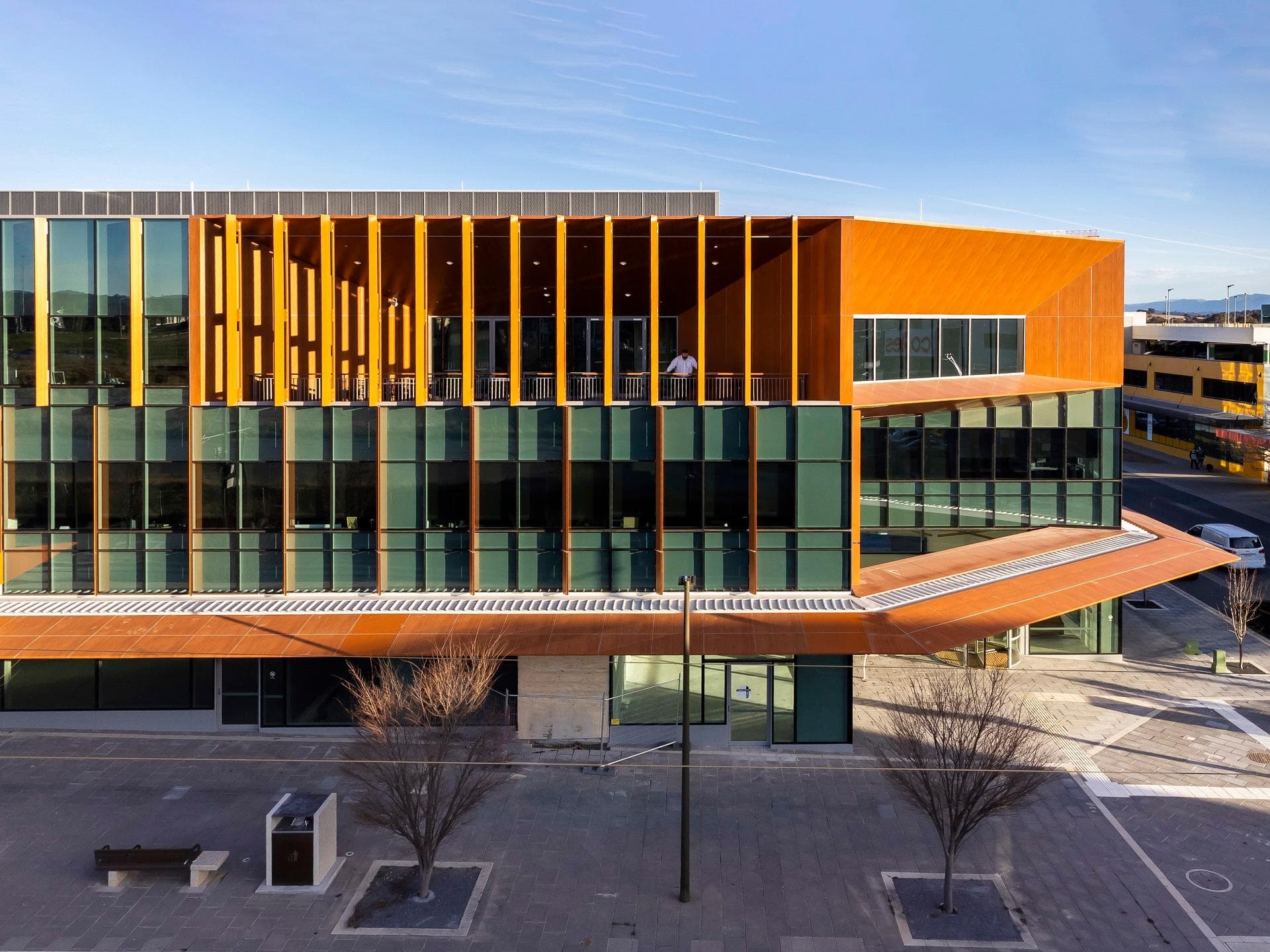Kaiteki is so much more than just a word: Q&A with Mr Hee Kok Koon of ALPOLIC™ by Mitsubishi Chemical Infratec Co., Ltd Singapore
Kaiteki is not just a word, it’s a spirit and a philosophy that we live by every day and that guides us in working towards making our future world a better place.
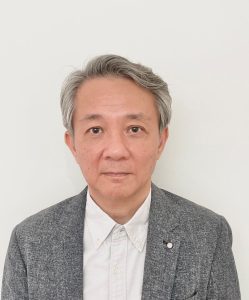
What is your background and what does your current role in the business entail?
I have been in the building and construction industry for more than 33 years and spent most of my time in the façade segment. I joined ALPOLIC™ by Mitsubishi Chemical Infratec Co., Ltd Singapore in 2001, and have been with the company ever since. Currently, I am the General Manager of the ALPOLIC Division, which is responsible for the ALPOLIC business in South East Asia, South Asia, Oceania, Middle East and Africa.
How important is sustainability to your organisation?
Sustainability is a very important part of our business. By adopting a sustainable business model, a company can mitigate risks from an environmental, social, and governance (ESG) perspective, and promote long-term growth. Sustainable business models are also important for gaining the trust of consumers and investors.
How does this commitment manifest through various stages of product development and company operations?
In the product development of ALPOLIC™ NC, the world’s first non-combustible aluminium composite panel, we have been contributing to the creation of long-lasting and sustainable cities by providing the market with products that excel in fire safety and durability.
What are the company’s current priorities from a sustainability point of view?
We are working on improving environmental and social sustainability and strengthening our management base through five measures. Specifically, we will evolve LCA tools, reduce environmental impact, promote a circular economy, examine the feasibility of Kaiteki factories, and build a management foundation for sustainability management.
What are the company’s aspirations, goals and ambitions for the future from a sustainability point of view?
As ALPOLIC™ by Mitsubishi Chemical Infratec Co., Ltd Group, we are committed to reduce GHG by 29% from the year 2019 and have a final goal to achieve carbon neutrality by the year 2050. To that end, we will consider and promote energy-saving investment and the introduction of renewable energy.
ALPOLIC™ NC/A1 has obtained an Environmental Product Declaration, can you tell me about the process and why it was so important to the organisation?
We have worked with the best environmental certification body in Australia, Good Environmental Choice Australia (GECA), for our ALPOLIC™ NC/A1 Environmental Product Declaration.
It took us around nine months to obtain this certification as we needed to submit a broad selection of documents to GECA, including those explaining our processes. This EPD illustrates our commitment to the environment and aligns with our Kaiteki philosophy: “Well-being of our People and Planet”. Kaiteki is not just a word, it’s a spirit and a philosophy that we live by every day and that guides us in working towards making our future world a better place.
Related Articles
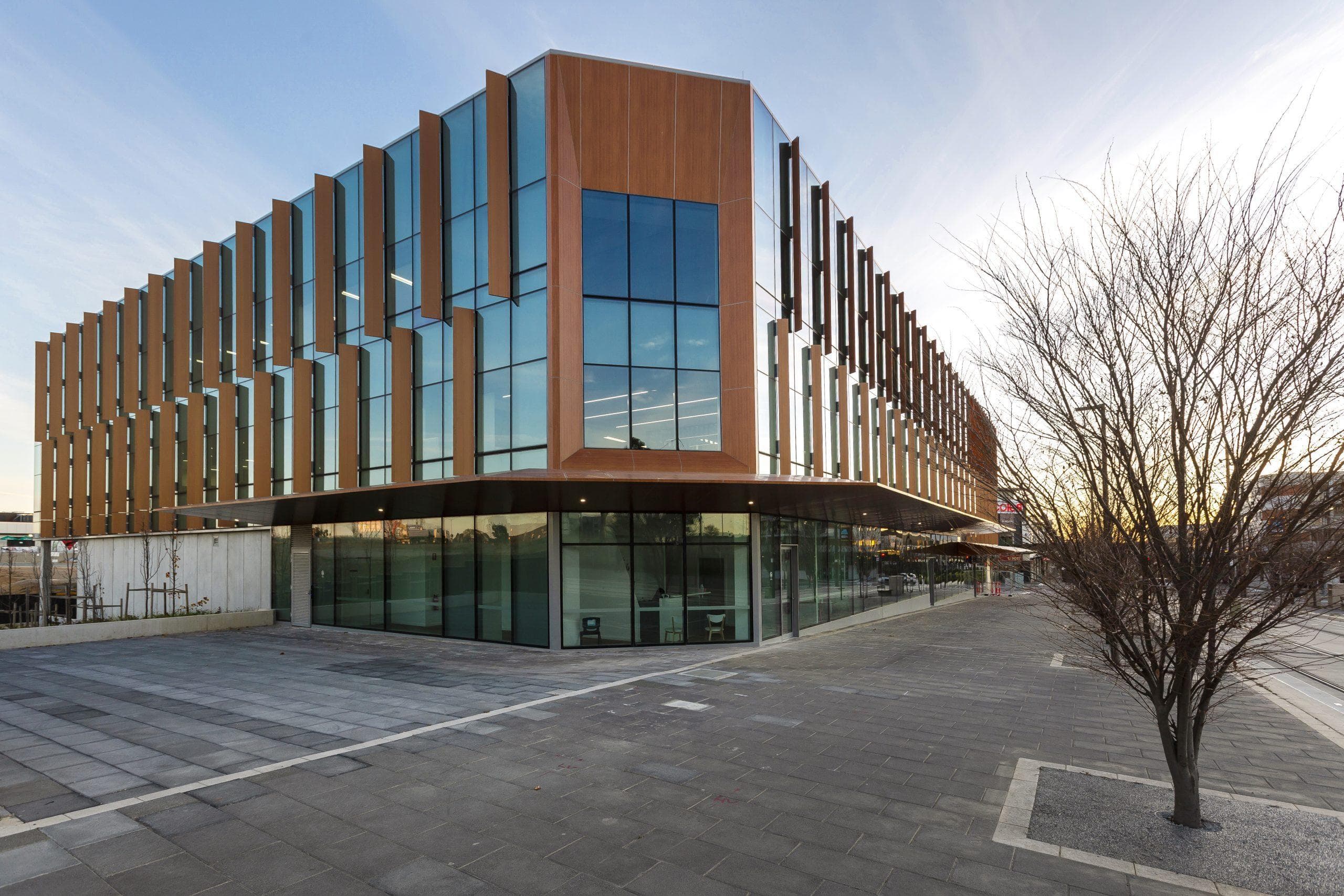
Engineering Resilient Facades
Australia’s extreme climate demands durable facades that ensure safety, performance, and longevity. This whitepaper explores key compliance standards and material solutions, designed to withstand harsh weather and thermal expansion.
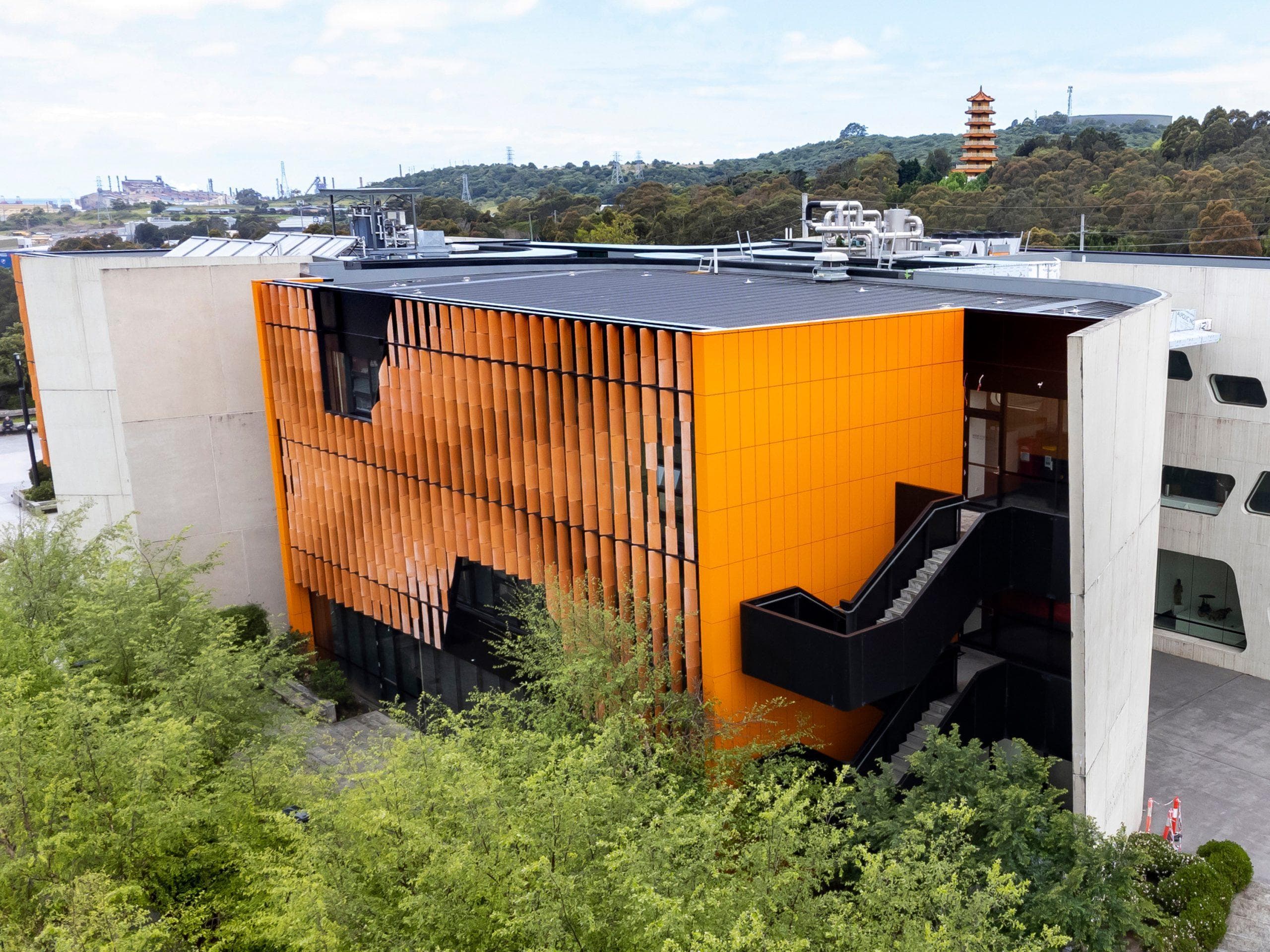
Sustainability eBook 2024
For the third year in a row, Network Architectural was proud to sponsor the Commercial Architecture (Large) category for Architecture & Design’s Sustainability Awards 2024.
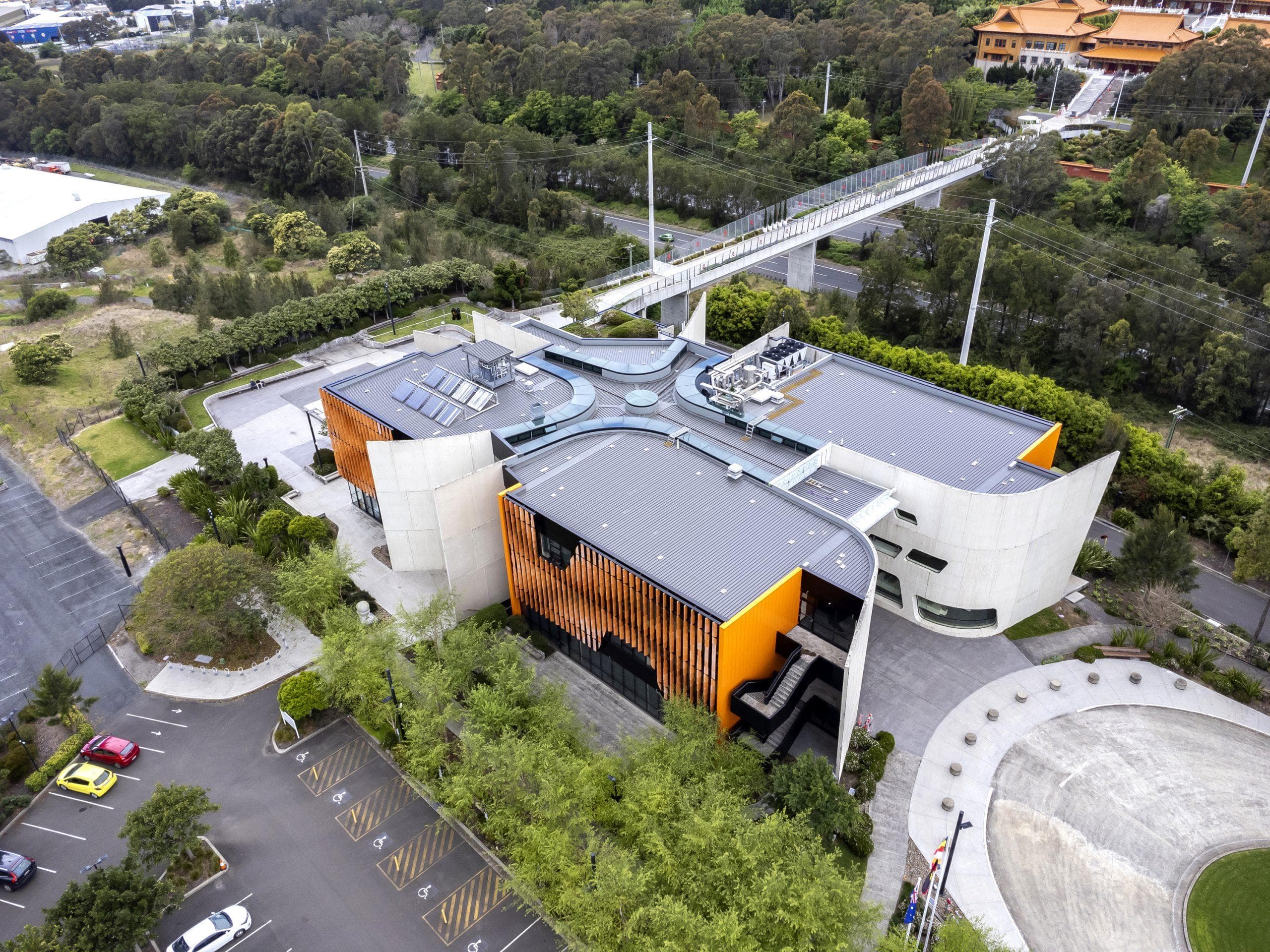
Compliant Non-Combustible Aluminium Recladding at Nan Tien School of Higher Education
Discover how Nan Tien Institute overcame the challenge of non-compliant cladding, achieving full fire safety compliance while enhancing the building’s aesthetics and reducing insurance costs. ALPOLIC™ NC/A1 delivered a seamless blend of durability, sustainability, and style. Read more to uncover the steps behind this remarkable transformation.
